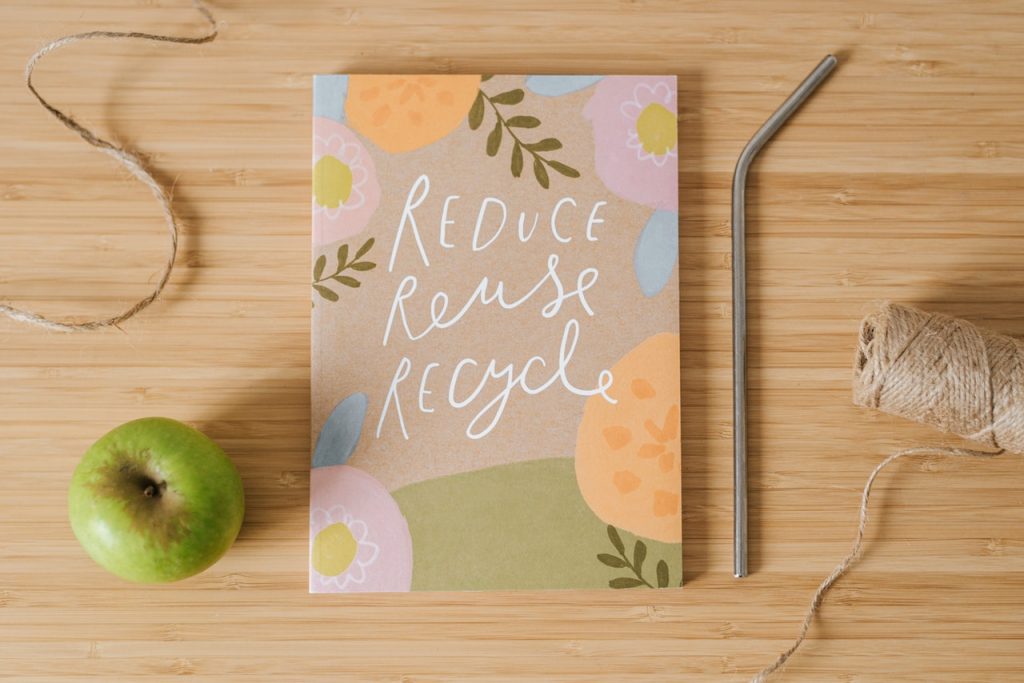How Businesses Can Avoid Greenwashing Their Sustainability Goals
By Evelyn Long
Today, more people are concerned with the environment than ever before. Consumers expect businesses to be eco-friendly and stick to their sustainability goals, and one of the most important things a company can do is avoid greenwashing.
Greenwashing can mislead consumers into supporting company initiatives that aren’t as sustainable as they may appear to be. This is a poor practice for both parties, as it angers customers and threatens brand reputation over time.
What is Greenwashing, and How Do We Identify It?
Greenwashing is when a business spreads misinformation to promote an environmentally responsible public image. Whether companies make mistakes with marketing or have more malicious intentions, greenwashing is bad for consumers and brands alike.
There have been many examples in the past few decades of greenwashing by corporations. Many are cases of misleading advertising.
For example, one coffee pod producer advertised their products as “100% compostable,” but their fine print indicated that in reality, this was only true of composting in industrial facilities rather than backyard composters. The company ultimately disclosed the truth in compliance with recommendations from the National Advertising Division of BBB National Programs.
Some dramatic instances can even include obvious fraudulent practices. For instance, in 2016, the Enviro Board Corp. was charged by the Securities and Exchange Commission (SEC) with defrauding investors in a venture to manufacture environmentally friendly building materials. This corporation relied on eco-friendly demand to lure investors.
Here’s how businesses can avoid greenwashing and how to establish legitimate sustainability goals. Following these steps will build trust among consumers and lead to a positive reputation and stronger sales. It’s a win-win for all involved: the planet, the bottom line and the public.
How Environmental Awareness and Sustainability Goals Can Help Business
Establishing sustainability goals can be a great benefit to any business. Before jumping into why environmental awareness can help companies, it is important to define these objectives. Business sustainability is the practice of operating an organization without harming the environment. It’s an increasingly popular aim, and companies are becoming more eco-conscious to attract customers.
Recent statistics reflect this trend among consumers. According to research from Cone Communications:
- 87% of American consumers will buy something because a company advocated for an issue they believe in.
- 76% of Americans will not buy from companies that do not support their beliefs.
- 63% of Americans want businesses to take the lead in driving climate change.
In an effort to meet these environmental demands from consumers, some companies have pursued dishonest greenwashing tactics to attract customers. Some have deliberately misled consumers, while others made honest mistakes. Businesses can take certain steps to avoid the practice of greenwashing.
1. Commit to Sustainability Goals
A business must ensure it sets SMART sustainability goals, which stand for specific, measurable, achievable, realistic and timely. As such, companies should only set attainable objectives with proven results.
It is also important to fully outline sustainability goals before the campaign begins so the business has a framework to operate from. Companies must then fully commit to these aims to avoid deceiving customers.
2. Avoid Misleading Labels and Packaging
One major way to avoid greenwashing is to make sure labels and packaging text are not misleading. Sometimes companies will make false declarations about their environmental awareness.
When writing for product labels and packages, copywriting teams need to ensure what they are claiming can be proven true to avoid being accused of greenwashing. The last thing a company wants to do is defend itself from accusations of fraud, which could permanently damage its reputation.
3. Make Data Public
Another way businesses can be sure they are not greenwashing is to share data with the public that shows they are truthful about their environmental claims. Doing so will keep the company honest and provide reassurance to consumers. Also, investors today are increasingly factoring in environmental statistics from businesses they choose to invest in, so making this information public is a good decision.
Sharing environmental information is becoming more common among businesses. According to the Customer Data Platform, more than 10,000 companies disclosed ecological data in 2020. This was a 14% increase from 2019 and a 70% increase from 2015 when the Paris Agreement was established.
4. Third-Party Certification
A great way for businesses to avoid greenwashing their sustainability goals is to have a third party certify their claims are accurate. Many organizations can provide green certification. Here are a few of the most popular:
- LEED
- USDA Organic
- Green Business Bureau
- Safer Choice
- WELL
- Green C Certification
- Energy Star
It is important to note that a business should choose a reputable organization to authenticate its products.
It’s Not Easy Claiming to Be Green
These are just a few ways a business can avoid greenwashing its sustainability goals. It’s more important than ever for companies to be trustworthy. Consumers are becoming more environmentally conscious, and organizations must be ready to meet their demands. Those that establish strong sustainability goals and are honest with the public about their actions are sure to see positive results.
Author:
Evelyn Long is a writer and editor focused on construction and sustainability. Her work can be found on Renovated, a web resource for better building and design.




